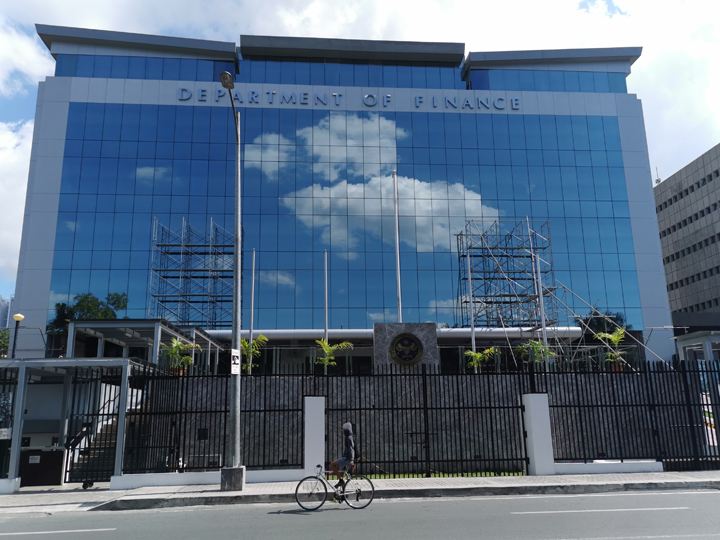
THE House Committee on Ways and Means is now working on the Bureau of Internal Revenue and the Department of Finance (DOF) to address stakeholder concerns on Revenue Regulation (RR) 9-2021, which imposes a 12-percent VAT subject to refund on local inputs for exported goods.
House Ways and Means Chairman Joey Sarte Salceda of Albay said a revised RR is expected to be issued on July 21 as exporters decried the issuance of the RR, a rule that they said could “cripple industry.”
“I am already working with the BIR and the Revenue Operations Group of the DOF to address concerns. The spirit and the letter of CREATE [Corporate Recovery and Tax Incentives for Enterprises Act] is to encourage exporters to use local materials to support local businesses. That’s straightforward. So, at the bare minimum, that rule has to be applied, instead of imposing the 12-percent VAT on all local inputs,” Salceda said.
On July 21, Salceda said his committee will lead a briefing between affected stakeholders, concerned agencies, and the Department of Finance and the BIR, who will present their proposed clarifying RR.
RR 9-2021 imposed 12-percent VAT on certain transactions that were previously taxed at 0 percent.
The RR took effect on June 27, 2021, or 15 days after its issuance on June 12.
RR 9-2021 was issued pursuant to the provisions of Republic Act (RA) 10963 or the Tax Reform and Acceleration and Inclusion Act (TRAIN) (Sections 106(A)(2)(a) and 108(B) of the Tax Code of 1997, as amended) which provide that certain transactions previously considered zero-rated shall be subject to 12-percent VAT upon satisfaction of two conditions: (1) The successful establishment and implementation of an enhanced VAT refund system, and that (2) All pending VAT refund claims as of December 31, 2017 shall be fully paid in cash by Decemeber 31, 2019.
However, Section 5 of Rule 18 of the recently signed Implementing Rules and Regulations (IRR) for fiscal incentives under the CREATE law provides that VAT zero-rating on local purchases of registered business enterprises (RBEs) may still apply provided such locally purchased goods and services are directly and exclusively used in the registered project or activity of the RBE during the period of registration of the registered project/activity of the enterprise.
De minimis system
Meanwhile, Salceda said he is suggesting a de minimis system for refunds and audits, where applications for refunds below a certain threshold can be granted with fewer administrative procedures.
“So that we don’t try to run after even the smallest claims. It’s just not worth the time. It’s also clear this RR will result in added administrative burdens and costs, not to mention potentially stranded input VAT, and small businesses who may qualify under my proposed de minimis scheme do not have the resources for these costs,” Salceda said.
He said a de minimis system will unburden small exporters who are less likely to have the resources to comply with lengthy administrative procedures.
“This practice is in parallel with Section 423 of the CMTA [Customs Modernization and Tariff Act], which provides that “no duties and taxes shall be collected on goods with freight onboard or free carrier value of P10,000.00 or below,” he added.
“The summary and consequence of RR 9-2021 is that the sale of goods or properties by local suppliers to exporters is now subject to 12-percent VAT,” Salceda said.

